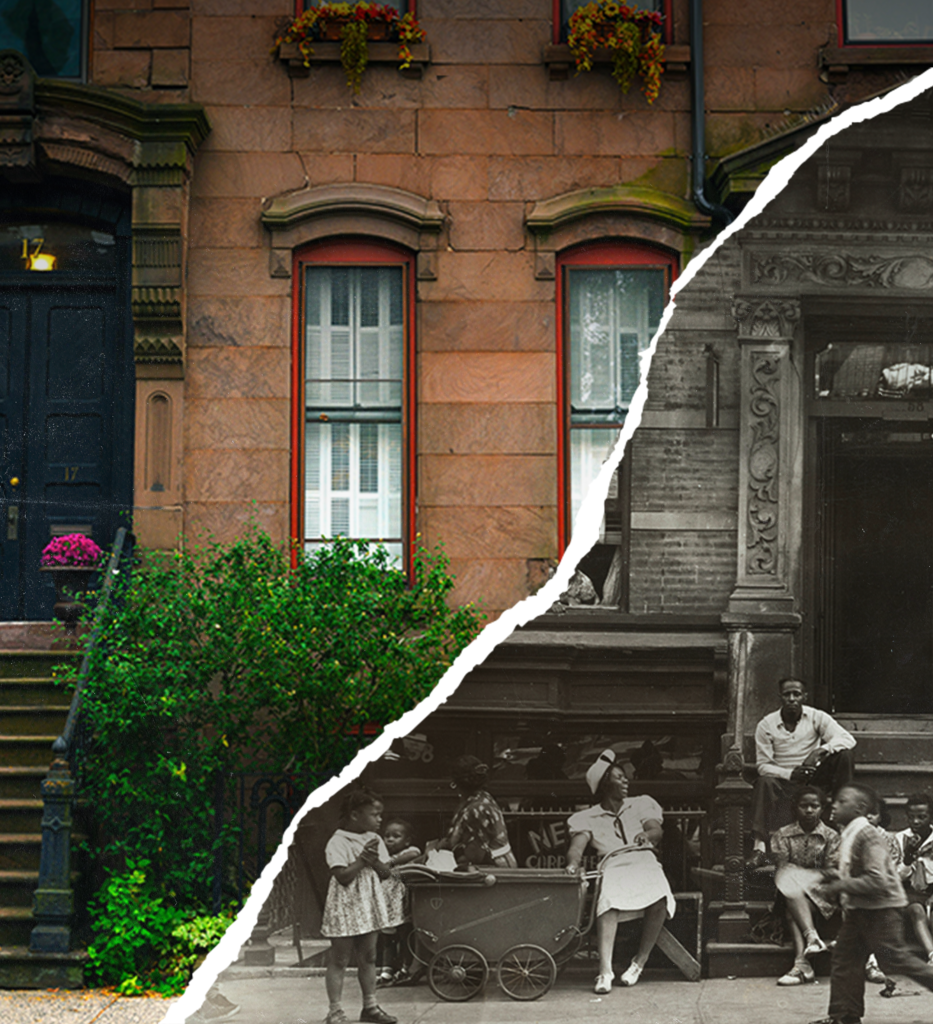By Daniel Rose
Celebrities abound today, with their huge audiences, great wealth and attention-attracting stunts that exhilarate their devoted fans. Everyone knows, for example, of the Kardashians, of Kanye West, and of so many others of their ilk.
Role models for our children, however, are in short supply today. We have largely forgotten the historical examples—of character and competence, of public-spiritedness and devotion to the public good—reflected by genuine heroes and heroines of the past. Meaningful and productive lives, with careers that are satisfying and fulfilling for the participants and beneficial for society, are the goals we should strive for…but we are not.
‘Historical amnesia’ may be said to be a characteristic of our times; but during Black History Month the authentic giants of America’s past must be recalled, for what they can teach us of value for today.
Yes, a few are widely remembered. Rev. Martin Luther King Jr. and former President Barack Obama pretty much exhaust the list of those who usually spring to mind, while few know much, for example, of W.E.B. Du Bois (1868-1963), one of the all-time greatest African Americans in US history. Largely forgotten are that the brilliant and dynamic Du Bois was Harvard’s first African American Ph.D., that he was a founder of the NAACP and longtime editor of its formidable journal The Crisis, that he was a world-class scholar and author (The Souls of Black Folk) and the nation’s chief advocate for full equal rights and opportunities for African Americans, as well as an end to lynching, Jim Crow laws and discrimination against African Americans in education at all levels.
An internationally idolized figure, Du Bois was invited to Ghana by President Kwame Nkrumah to create an Encyclopedia Africana, and he died in Accra, Ghana on August 27, 1963. The following day, at the celebrated March on Washington, the three hundred thousand marchers observed a moment of silence in his honor. This very month (March, 2024) New York’s Mellon Foundation awarded a $5 million grant toward the building in Accra, Ghana of a proposed $20 million W.E.B. Du Bois Historical Museum in his honor, to preserve his mortal remains, his extensive library and his voluminous personal papers. (Others, too, may wish to contribute, at www.webdbmf.org).
Frederick Douglass (1818-1895), another giant in African American history, was born a slave in 1818, escaped to freedom and went on to become the most important and influential leader in the 19th century in America’s movement for civil rights. He was an internationally revered figure, and at Douglass’s death, U.S. Senators and Supreme Court Justices were his pallbearers.
Thurgood Marshall (1908-1993), the nation’s first African American U.S. Supreme Court Justice, is another role model to be venerated. As a civil rights attorney in private practice before he became a Justice, he argued – and won – 29 civil rights cases before the Supreme Court, including the 1954 decision of Brown vs the Board of education, repealing the ‘separate but equal’ decision that had previously permitted legally segregated public schools.
George Washington Carver (1864-1943), the African American agricultural scientist whose profound work on crop rotation, cotton and peanut farming and soil depletion revolutionized American agriculture, led Time Magazine to call him “the Black Leonardo da Vinci”; and he was widely regarded as among America’s great scientific minds.
Rosa Parks (1913-2003), the leading heroine, was celebrated for her pivotal role in leading the Montgomery, Alabama bus boycott, which led to the legal decision in 1956 that made bus segregation illegal. Marion Anderson (1897-1993), a world-renowned contralto, fought successfully against the DAR (Daughters of the American Revolution) and the Ku Klux Klan for African American participation in American musical institutions, and she was the first African American singer to perform at the Metropolitan Opera.
Shirley Chisholm (1924-2005) was the first African American woman to be elected (in 1968) to the U.S. Congress. Gwendolyn Brooks (1917-2000) was the first African American author to win a Pulitzer Prize (1950). Jane Bolin (1908-2007) was the first African American woman to attend Yale Law School, and also the first to become a judge. Internationally acclaimed soprano Leontyne Price (born 1927) was the first African American singer to achieve an international reputation in opera.
Ralph Bunche (1904-1971), the first person of color to be a Nobel Prize winner, was awarded the Nobel Peace Prize in 1950 for his successful mediation efforts in the Middle East in achieving a cease-fire agreement between Egypt and Israel. Colin Powell (1937-2021), U.S. Secretary of State and Chairman of the Joint Chiefs of Staff, was widely admired as one of America’s most outstanding public figures.
Looking forward, not backward, young people can contemplate an African American U.S. President and a Vice President, Nobel Prize winners, billionaire business leaders, Supreme Court Justices, admirals, generals, astronauts, college presidents and prominent figures in all fields. All doors are open, as we strive increasingly to become a society in which each child can aspire to achieve one’s full human potential.
Can each of us try our best to live so as to inspire others?

